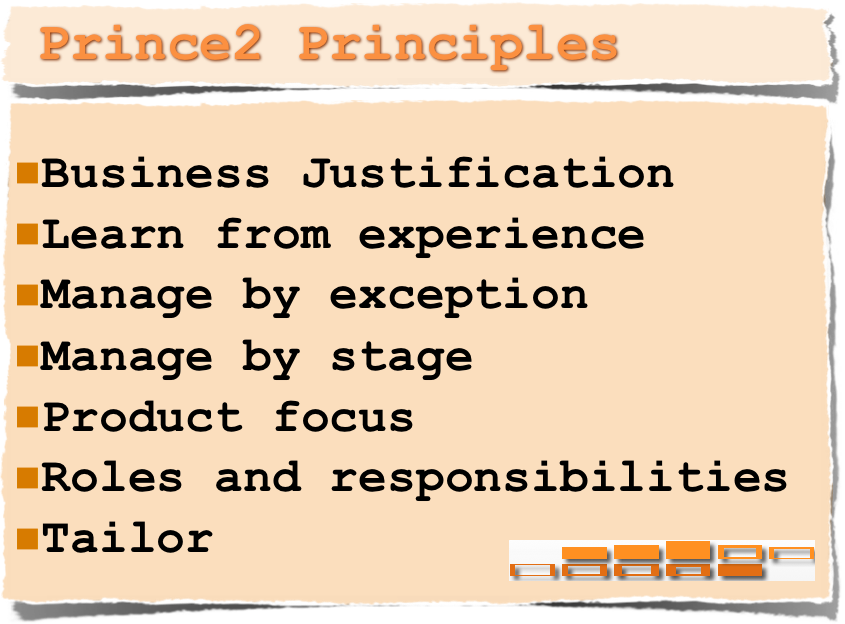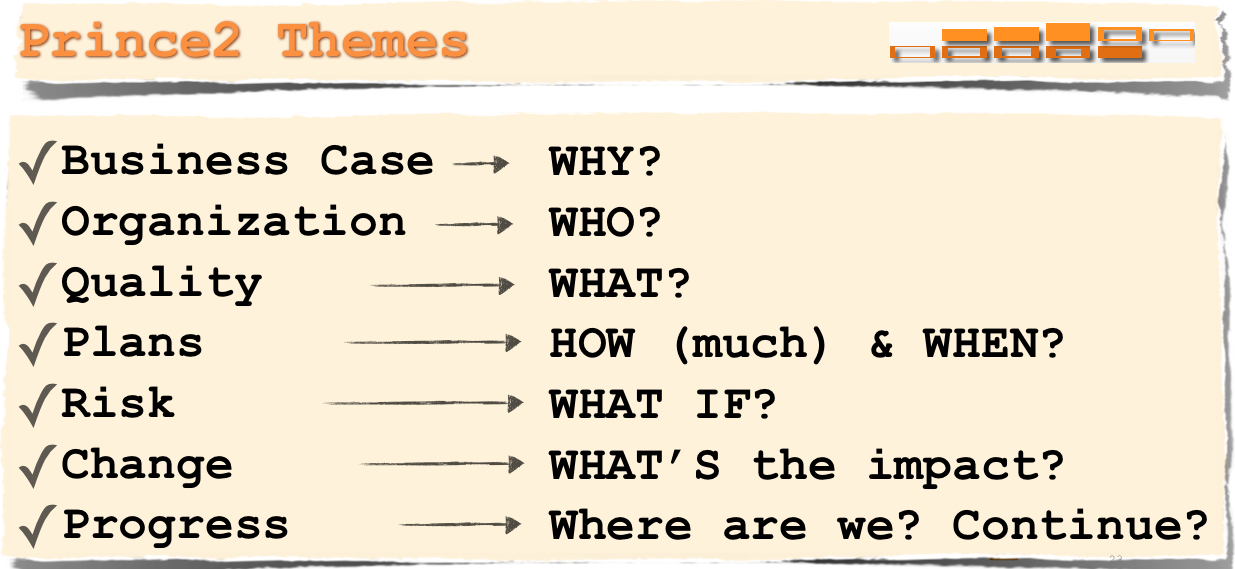IPMA Competence Baseline (ICB®)
From IPMA's
"The International Project Management Association (IPMA) Competence Baseline (ICB®) is based upon project management theory combined with the practices and demands from some 50 member associations. The ICB is of most use to individual project managers who wish to review their competence in project, programme and portfolio management, as well as for candidates and assessors involved in a certification."
Although the title does not contain the word standard we still grouped this
The current version is version 3.0 published in 2006.
The ICB is the basis for the IPMA's universal four level certification (4-L-C) system. The levels being:
- Certified Projects Director (IPMA Level A)
- Certified Senior Project Manager (IPMA Level B)
- Certified Project Manager (IPMA Level C)
- Certified Project Management Associate (IPMA Level D)
- Introduction
- Key Concepts
- Certification
- Element Descriptions
- Technical competence elements
- Behavioural competence elements
- Contextual competence elements
- References
- Comparison between IPMA Competence Baseline versions 2.0b and 3.0
- Appendices
Although the title does not contain the word standard we still grouped this under standards as IPMA clearly refers to the ICB as a standard as can be seen on page 155 of version 3.0 of the ICB
M_o_R Management of Risk
M_o_R® (Management of Risk) is a generic framework for the management of risk across all parts of an organization - strategic, programme, project and operational. It incorporates all the activities required to identify and control the exposure to any type of risk, positive or negative, which may have an impact on the achievement of your organization's business objectives.
M_o_R® is a Registered Trade Mark of the Office of Government Commerce in the United Kingdom and other countries
The most recent version of M_o_R® is the 3rd edition published in 2010
The core publication of M_o_R consists of the following sections:
- Introduction
- Principles
- Aligns with objectives
- Fits the context
- Engages stakeholders
- Provides clear guidance
- Informs decision-making
- Facilitates continual improvement
- Creates a supportive culture
- Achieves measurable value
- Approach
- Process
- Identify
- Assess
- Plan
- Implement
- Embedding
M_o_R is, since the 2010 revision/refresh, closely related to ISO 31000
Prince2
Prince2
PRINCE2 is a process-based approach for project management, providing an easily tailored and scalable project management methodology for the management of all types of projects. The method is the de-facto standard for project management in the UK and is practised worldwide. Prince2 has a long history dating back to 1975.
- 1975: PROMPT II Created
- 1979: PROMPT II introduced as UK Government standard for project management, supported by CCTA
- 1989: PRINCE name adopted
- 1996: PRINCE 2 launched
- 1997: Prince2 Process model added
- 2002: Prince2 3rd edition published
- 2004: Prince2 4th edition published
- 2009: Major revision of Prince2 manual
Prince2 is considered by most a public domain methodology since anyone is allowed to use it freely and anyone can get access to it (for a somewhat reasonable fee to purchase the manual and related documents).
The current (2009) manual is set up as follows:
- Introduction
- Principles
- Themes
- Processes
- Tailoring
- Appendices
- Product Description outlines
- Governance
- Roles and responsibilities
- Product-based planning example
- Health Check (See also our project management checklists)
Managing Successful Programmes (MSP)
Subcategories
-
Standards
In this section you will find all project management related standards. The selection criterion was simple. If it has "standard" in the name and if it has a reference to projects or project management then it will be included.
-
Global Alliance for Project Performance Standards (GAPPS)
The GAPPS is a unique alliance of government, private industry, professional associations and training/academic institutes working together to develop globally applicable project management competency based standards, frameworks and mappings. The GAPPS standards and frameworks are intended to facilitate mutual recognition and transferabiltiy of project management qualifications.
The aim of the GAPPS is to provide the global project management community with information that is freely available for use by businesses, academic institutions, professional associations, and government standards and qualifications bodies globally. -
ISO Project Management Standards
ISO (International Organization for Standardization) is the world’s largest developer of voluntary International Standards. International Standards give state of the art specifications for products, services and good practice, helping to make industry more efficient and effective. Developed through global consensus, they help to break down barriers to international trade.ISO provides several standards direlctly or indirectly related to Project Management.
-
National Project Management Standards
Several national standards organizations have developed and made avaiable project management (related) standards. In this section all those national standards will be listed
-
Project Management Institue (PMI) Standards
In this section you will find all standards and frameworks owned by the Project Management Institute.
-
International Project Management Association (IPMA) Standards
In this section you will find all standards and frameworks owned by the International Project Management Association.
-
Global Alliance for Project Performance Standards (GAPPS)
-
Methodologies
In this section you will find methodologies (bodies of practice, procedures and rules specific to a certain discipline) related to project management. We divide them up in proprietary and public domain
-
Proprietary Project Management Methodologies
All these methodologies are either owned/used by a specific organization such as a corporation or a public entity.
-
Public Domain Project Management Methdologies
Although most so called public domain methodologies are not strictly public domain - there is often a registration mark holder or copy right holder - those that are placed in this category can be freely used and are freely available.
-
Proprietary Project Management Methodologies
-
Models





